-
Published RicERCatori in evidenza – The disappearance of the Neanderthals
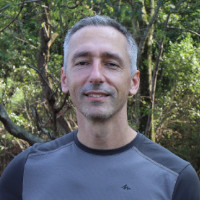
- The "Last Neanderthals" project delves into the causes and events that led to the disappearance of Neanderthals between 60,000 and 40,000 years ago. Let's explore these questions with Professor Stefano Benazzi.
-
Published RicERCatori in Evidenza – The mystery of galaxies dying out
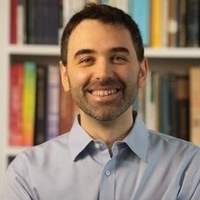
- Why in the early stages of our universe did several galaxies lose their ability to form new stars? Let's find out with the ERC 'Red Cardinal’ project, led by Sirio Belli, a researcher at the Department of Physics and Astronomy.
-
Published RicERCatori in Evidenza – Hunting energy from the depths
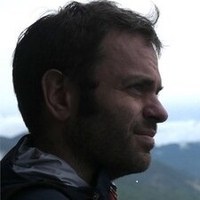
- In search of methane and hydrogen of non-biological origin, deep in the earth's crust. Let’s find out how with Alberto Vitale Brovarone, winner of the ERC “DeepSeep” project.
-
Published RicERCatori in Evidenza - Studying the economic consequences of a world without fossil fuels
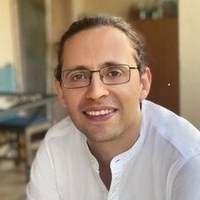
- The rapid transition to a low-carbon society is a goal to be pursued, but it could also trigger macroeconomic and financial disruptions. What can be done in this area to achieve a smooth transition? Emanuele Campiglio, the contact person for the ERC SMOOTH project, tells us about it.
-
Published RicERCatori in Evidenza - POPCLIMA: how climate change will change the human population
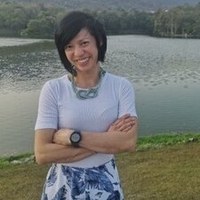
- The POPCLIMA (Population Dynamics under Global Climate Change) project studies the impact of climate change on human population dynamics.
-
Published RicERCatori in Evidenza - NONWESTLIT: avant-garde and modernity in the literatures of non-Western empires in the 19th century
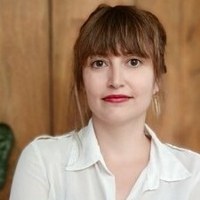
- Cultural reforms, linguistic renewal and literary renaissance movements in Russia, Turkey and Japan since the beginning of the 19th century: this is the focus of the European NONWESTLIT project, funded by the European Research Council.
-
Published RicERCatori in Evidenza - Adolescence and identity: who am I?
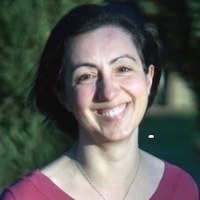
- More than two thousand adolescents attending high schools in Emilia-Romagna followed by a team of psychologists to shed light on identity formation processes during adolescence and how these are influenced by everyday contexts: this is the essence of the IDENTITIES research project, coordinated by Professor Elisabetta Crocetti of the Department of Psychology at the University of Bologna.
-
Published RicERCatori in Evidenza - The sound of ancient instruments comes back to life through research
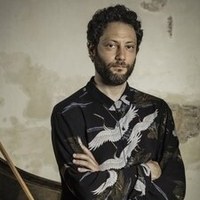
- Michele Ducceschi is the contact person and coordinator of the European ERC NEMUS project, which aims to create virtual instruments, copies of ancient specimens, to be played through the computer.
-
Published RicERCatori in Evidenza - AlchemEast: (re)discovering ancient alchemical knowledge
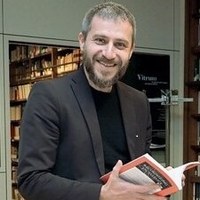
- The AlchemEast project, coordinated by Matteo Martelli from the Department of Philosophy and Communication Studies at the University of Bologna, explores the origins of alchemical science.
-
Published RicERCatori in Evidenza - The mysteries of the Universe, amidst the Higgs boson and top quarks
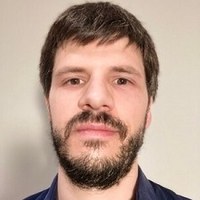
- Answers to questions about the birth and possible fate of our Universe can be found in the interactions between elementary particles. But how can we study these interactions? Tiziano Peraro, a researcher at the University of Bologna's Department of Physics and Astronomy, tells us how.
-
Published RicERCatori in evidenza - La App per trovare le parole giusteRicERCatori in Evidenza - The App for finding the right words
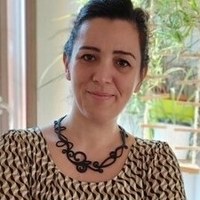
- Is it possible to study the link between the concreteness and specificity of words and the effectiveness of a text with a simple game? Of course! Marianna Bolognesi, lecturer at the Department of Modern Languages, Literatures and Cultures at the University of Bologna, who won a starting grant from the European Research Council (ERC) this year with the ABSTRACTION project, tells us about it.
Menu
- Home
- University Open submenu University
-
Study
Open submenu Study
- Guide to choosing your programme
- First and Single Cycle Degree Programmes
- Second Cycle Degree Programmes
- Course units, transferable skills, MOOCs
- PhDs and Professional Masters programmes, Specialisations and advanced training
- Study grants and subsidies
- Enrolment, fees and other procedures
- Incoming and outgoing international mobility
- Towards the job market
- Life at university and in the city
- Research Open submenu Research
- University outreach Open submenu University outreach
- Events and news
- Contents for you Open submenu
